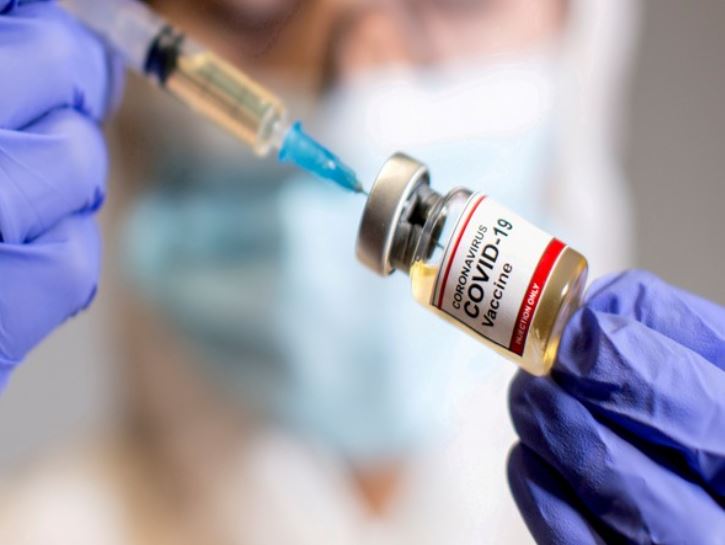"Poor methodology," ICMR dissociates itself from Covaxin safety study, calls for retraction
The Indian Council of Medical Research (ICMR) has disassociated itself from a study. Read further on Dynamite News:

New Delhi: The Indian Council of Medical Research (ICMR) has disassociated itself from a study, published by the Banaras Hindu University, on the Covaxin vaccine, citing serious methodological flaws and an erroneous acknowledgment of ICMR's support.
The study titled "Long-Term Safety Analysis of the BBVl52 Coronavirus Vaccine in Adolescents and Adults: Findings from a 1-Year Prospective Study in North India" by Kaur et al., was published in the journal Drug Safety.
Director General, ICMR, Rajiv Bahl, has written a letter to the authors of the paper and editor of the journal Springer Nature to immediately remove the acknowledgement to ICMR and publish an erratum.
He also flagged the poor methodology and design of the study.
Also Read |
Eat more dietary fibre to lower risk of non-communicable diseases
The anti-Covid-19 vaccine, Covaxin, was developed by Bharat Biotech in collaboration with the Indian Council of Medical Research - National Institute of Virology.
The DG, ICMR highlighted that ICMR was acknowledged for research support without any prior approval of or intimation to ICMR, which is inappropriate and unacceptable.
The study fails to include a control group of unvaccinated individuals, making it impossible to attribute reported events to the Covaxin vaccine.
Additionally, there is no provision for background rates of observed events, preventing an assessment of changes in incidence post-vaccination.
Also Read |
ICMR: Over 1.1 crore samples tested for COVID-19 till July 12
Baseline information of the participants is also missing.
The tool used for the study is not aligned with the 'Adverse Events of Special Interest (AESI)' standards referenced in the paper.
Data collection was conducted via telephone a year after vaccination without verification through clinical records or physician examination, introducing significant bias.
Bahl also noted that similar acknowledgements to ICMR have been made in previous papers without permission, raising concerns about the authors' practices.
 Dynamite News
Dynamite News 